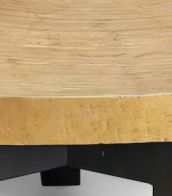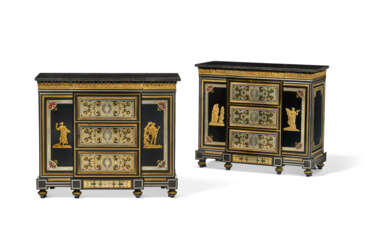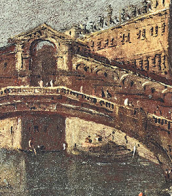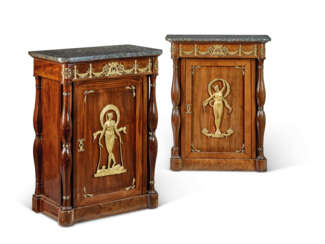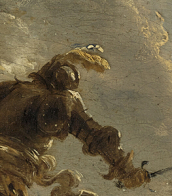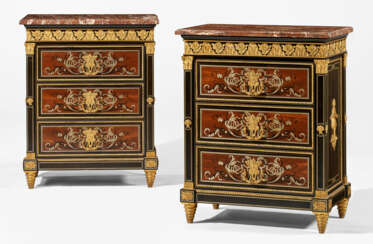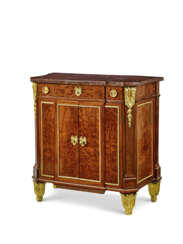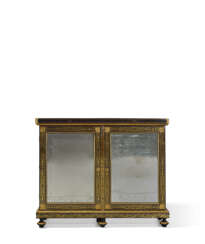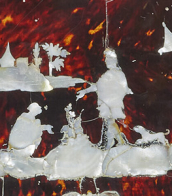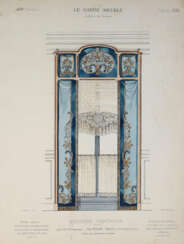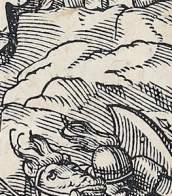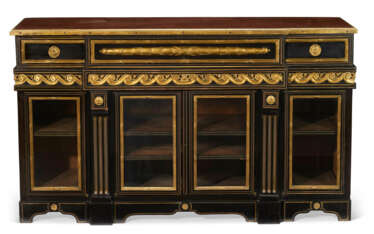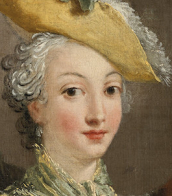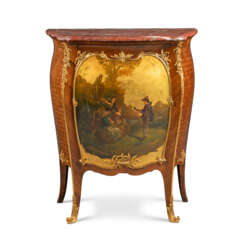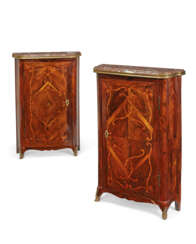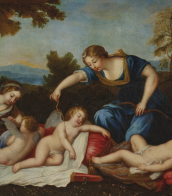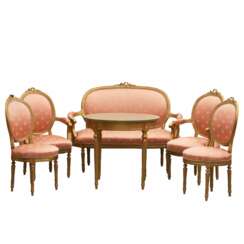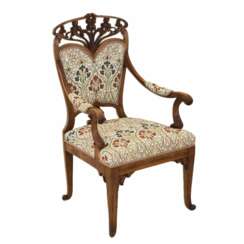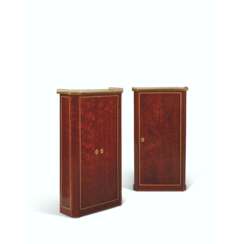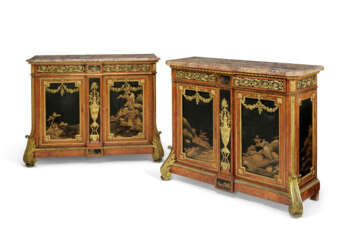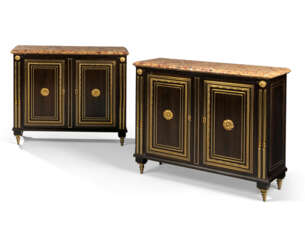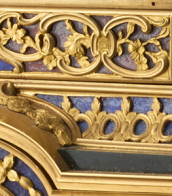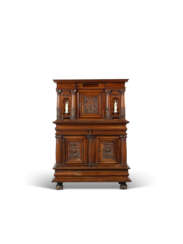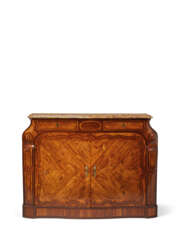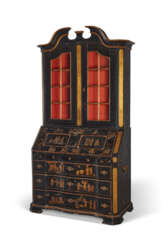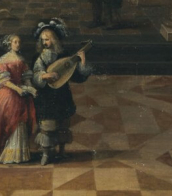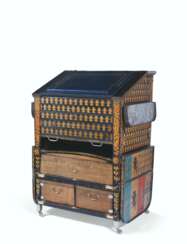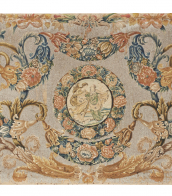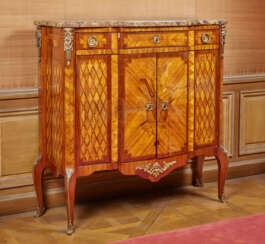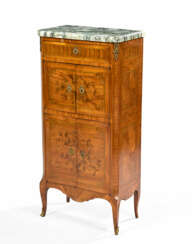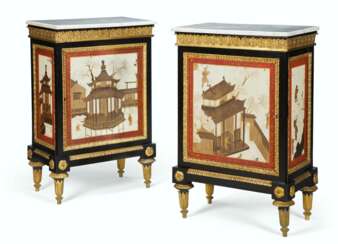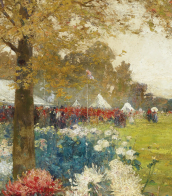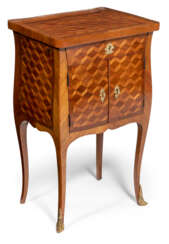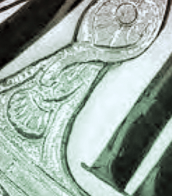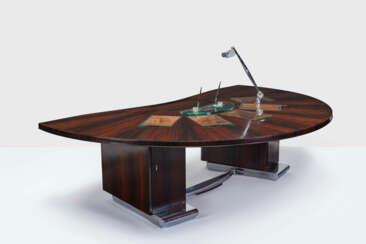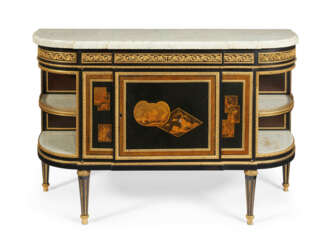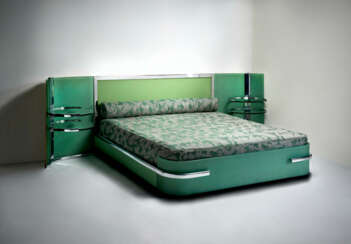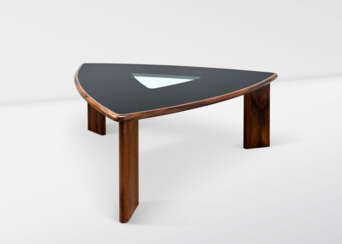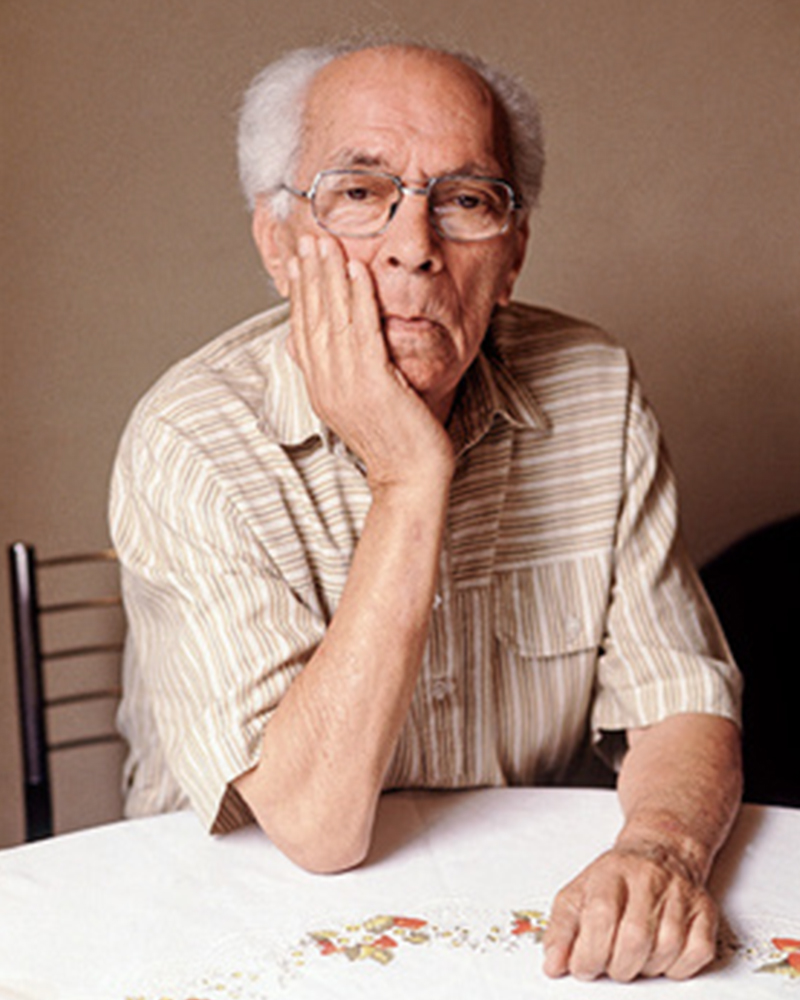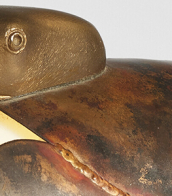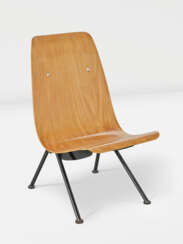meubles
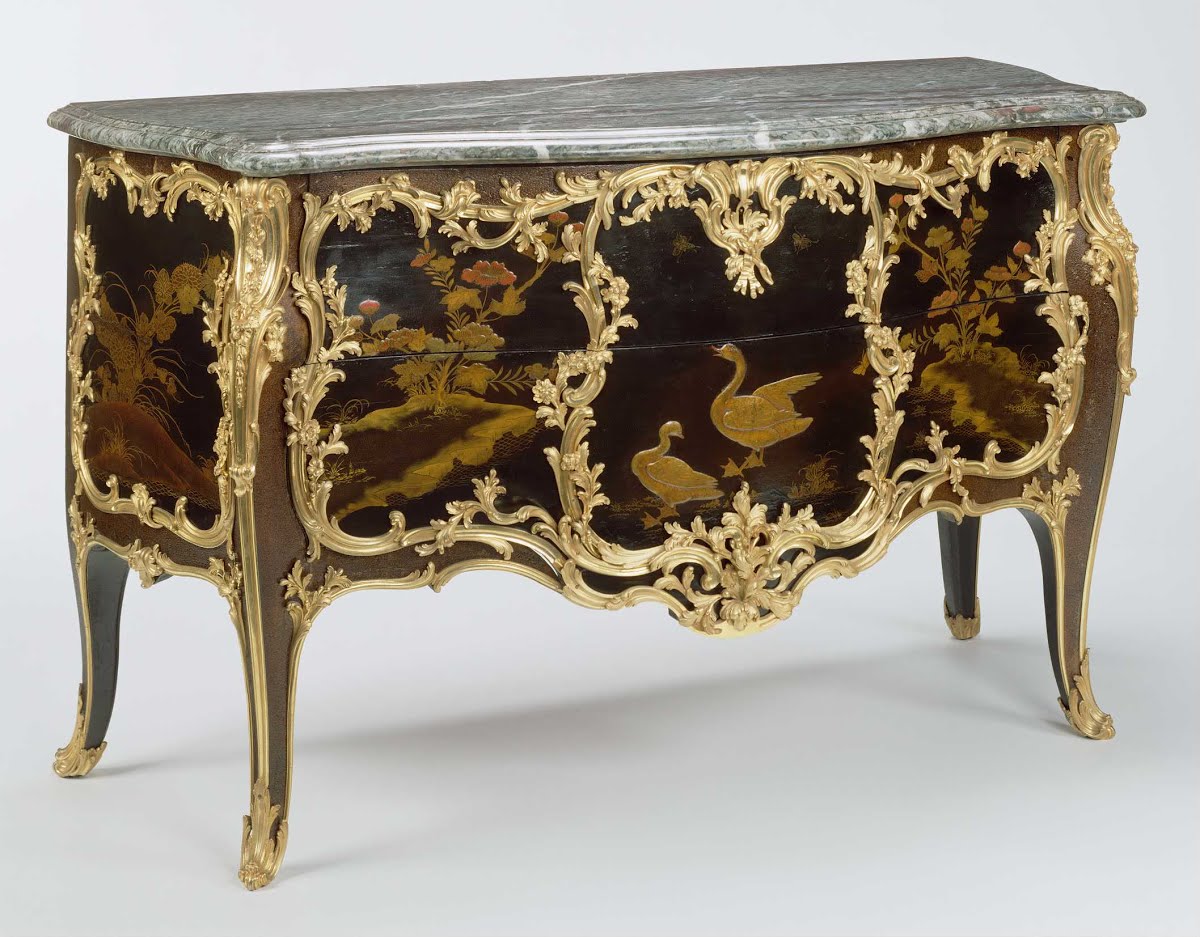
Josef Baumhauer is a French cabinetmaker (ébéniste) of German origin.
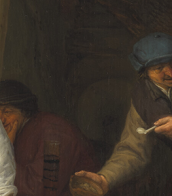
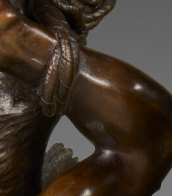
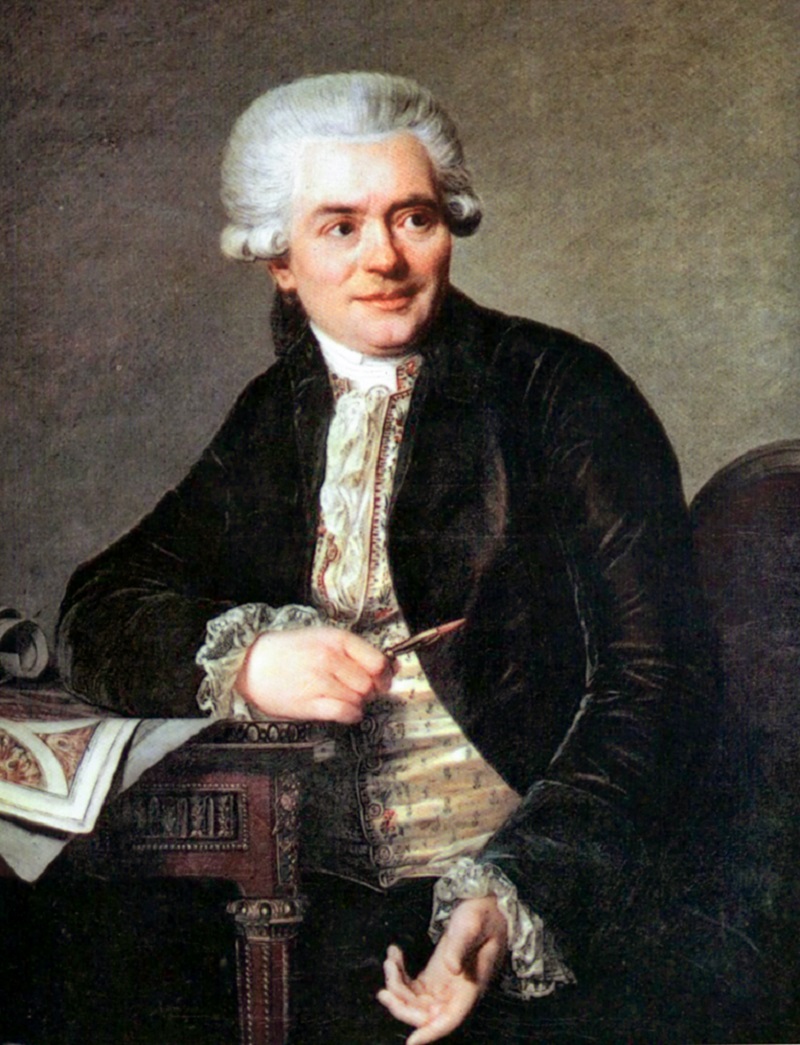
Jean-Henri Riesener was a famous German ébéniste (cabinetmaker), working in Paris, whose work exemplified the early neoclassical Louis XVI style.
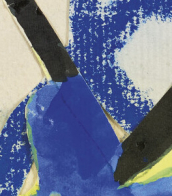

Josef Baumhauer is a French cabinetmaker (ébéniste) of German origin.
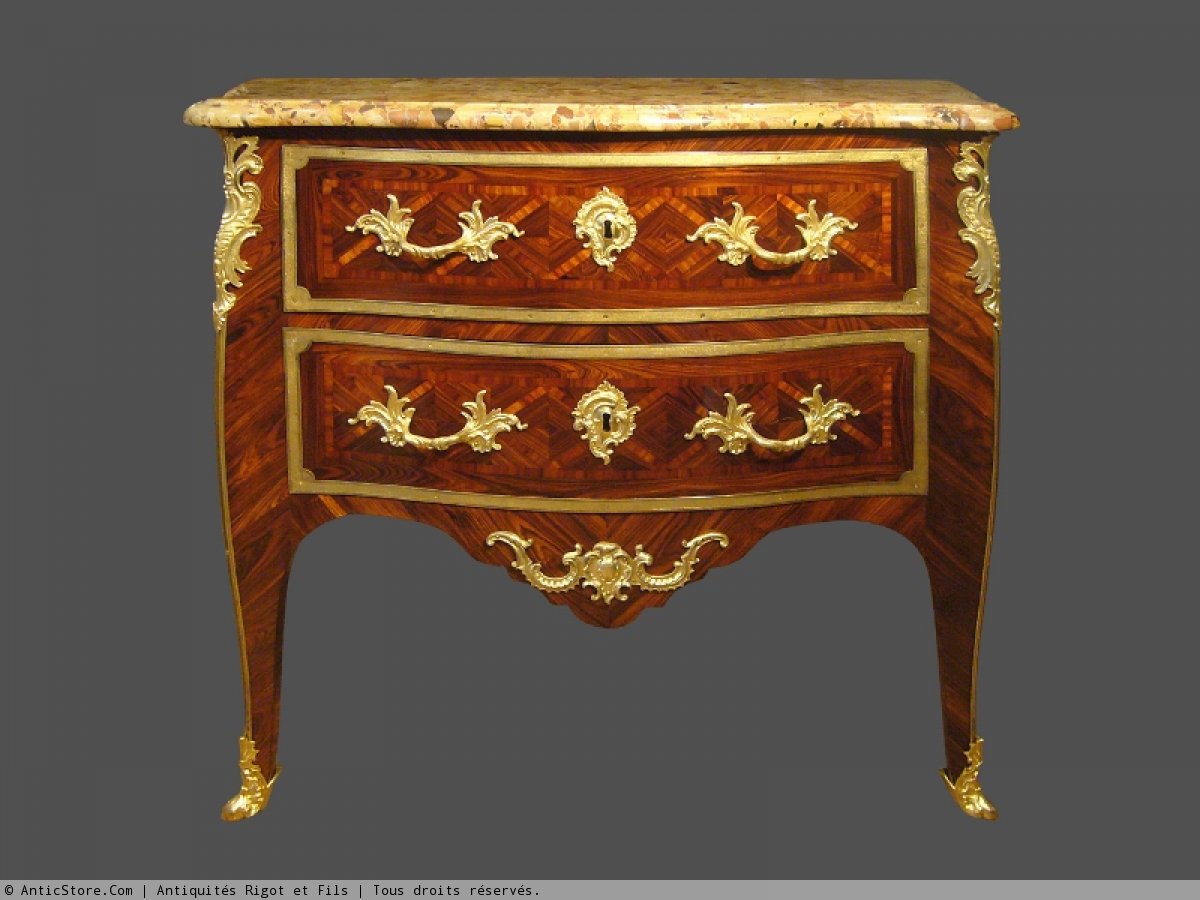
Jean-François Leleu was a leading French furniture-maker (ébéniste) of the eighteenth century who was trained alongside his rival Jean-Henri Riesener, in the workshop of Jean-François Oeben. After his master's death, he became the workshop's lead and became a master ébéniste in 1764. Leleu had the patronage of wealthy aristocrats, including the Prince de Condé, Louis-Joseph de Bourbon. His furniture was known for its high quality, elegance, and restraint, with inlays of diamonds, roses, or floral bouquets. When working for marchands-merciers, he also used inlays of Sèvres porcelain and lacquer. Leleu's clients included the Prince de Condé and Madame du Barry.
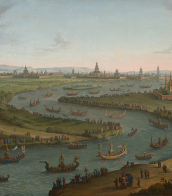
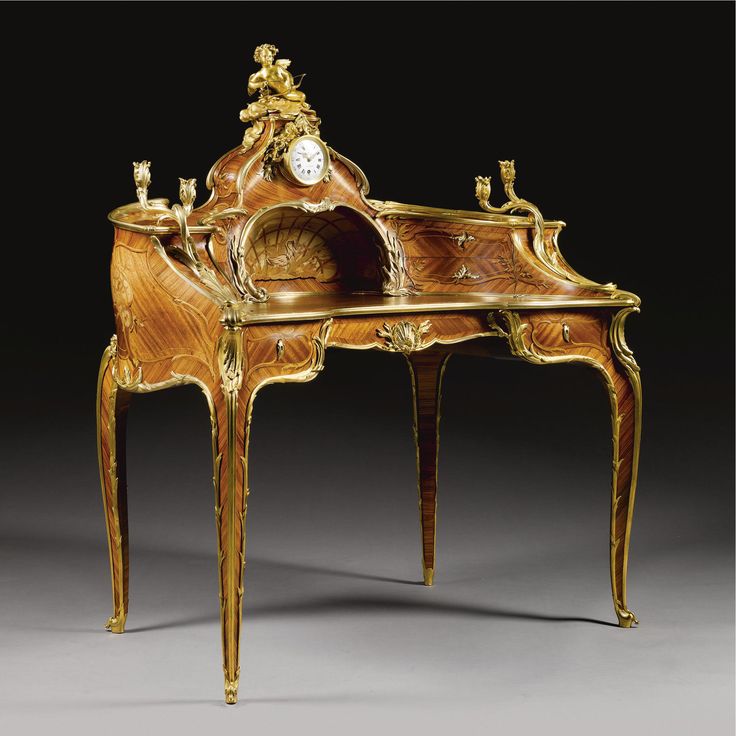

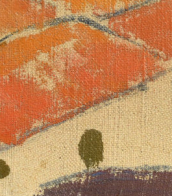

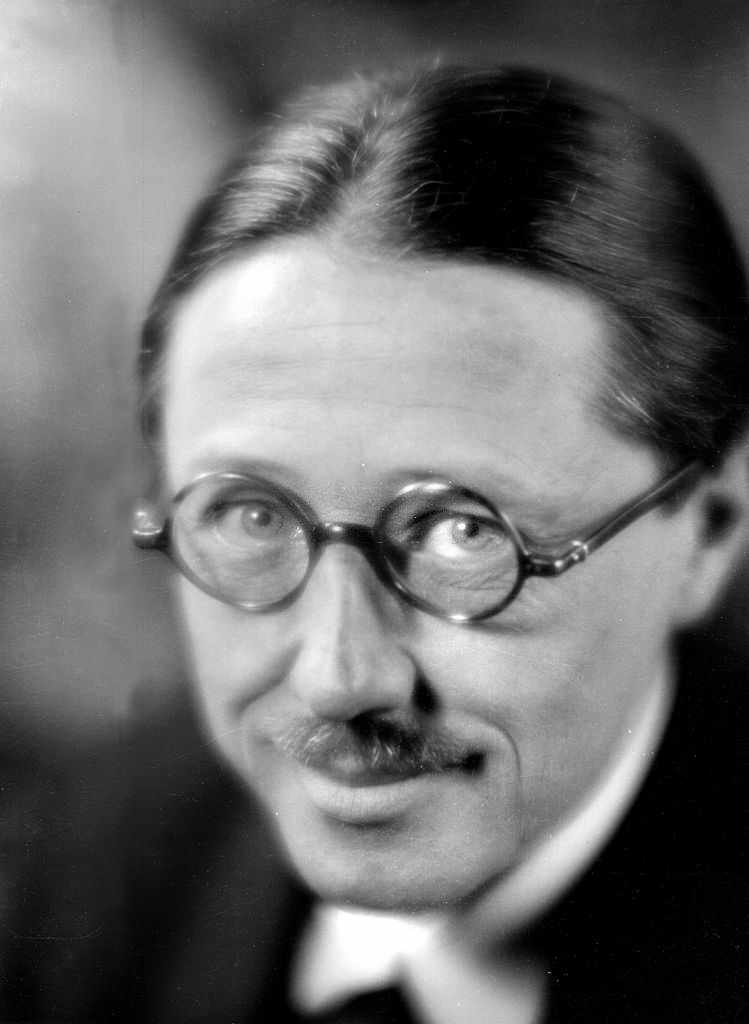
Émile-Jacques Ruhlmann, (sometimes called Jacques-Émile Ruhlmann), was a French furniture designer and interior decorator, who was one of the most important figures in the Art Deco movement. His furniture featured sleek designs, expensive and exotic materials and extremely fine craftsmanship, and became a symbol of the luxury and modernity of Art Deco. It also produced a reaction from other designers and architects, such as Le Corbusier, who called for simpler, functional furniture.
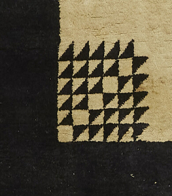
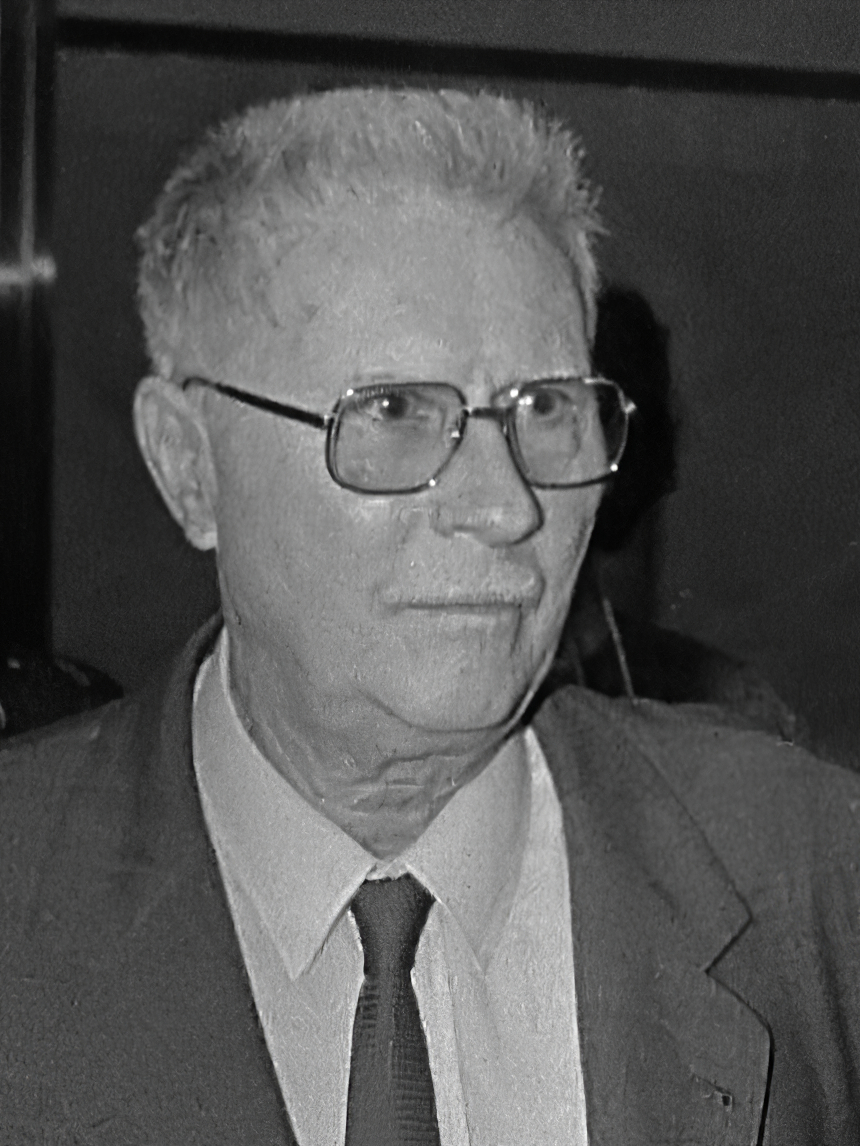
Jean Prouvé was a French metal worker, self-taught architect and designer. Le Corbusier designated Prouvé a constructeur, blending architecture and engineering. Prouvé's main achievement was transferring manufacturing technology from industry to architecture, without losing aesthetic qualities. His design skills were not limited to one discipline. During his career Jean Prouvé was involved in architectural design, industrial design, structural design and furniture design.
